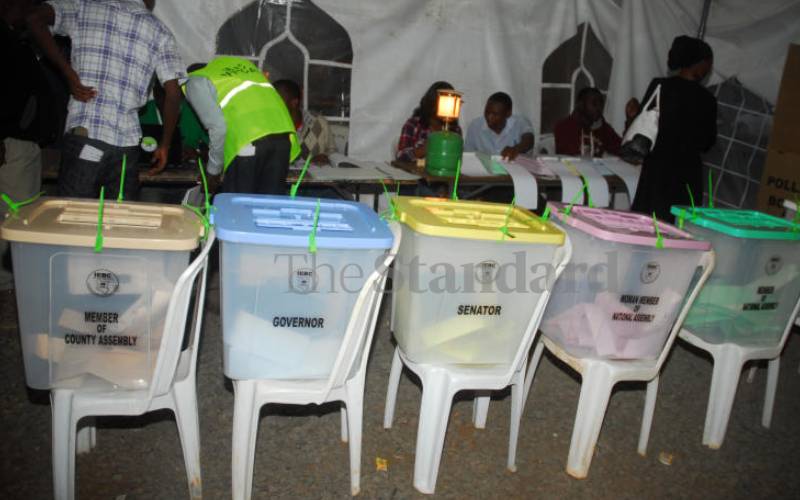×
The Standard e-Paper
Join Thousands Daily

Party primaries are the essence of democracy. They allow party members to select their leaders. [Boniface Okendo, Standard]
The declaration on criteria for free and fair elections by Inter-Parliamentary Union (IPU) in 1994 reaffirmed the significance of civil and political rights which established that the authority to govern shall be based on the will of the people.